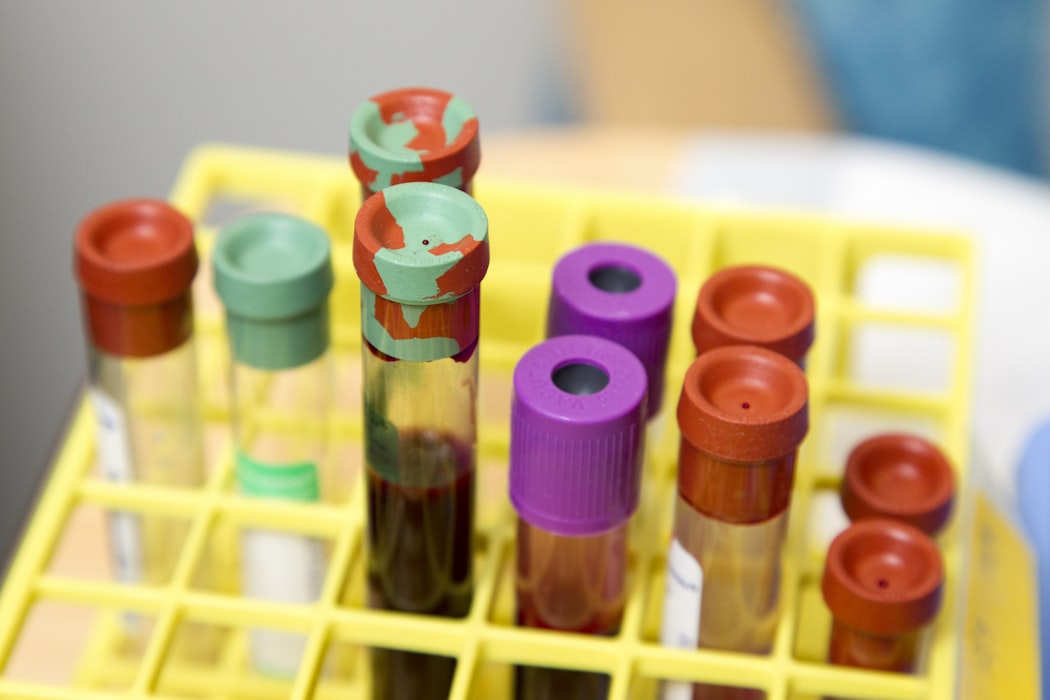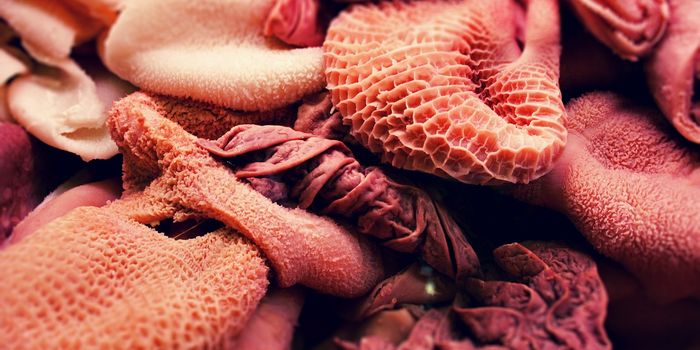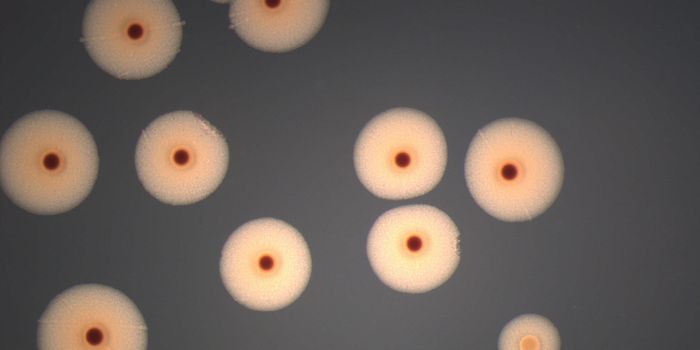Attacking Mitochondria in Tumors
Researchers found that attacking a cell’s mitochondria can starve cancer cells. The study involves a possible therapeutic for anti-tumor activity.
"We managed to establish a potential cancer drug that targets mitochondrial function without severe side effects and without harming healthy cells," explains Nina Bonekamp, one of the lead authors of the study.
The therapeutic works by preventing the genetic material of the mitochondria, or mitochondrial DNA (mtDNA), from being decoded. The mitochondria serve as the cells “powerhouse” providing necessary energy for basic tissue and organ function.
Learn more about mitochondria activity:
"Previous findings of our group have shown that rapidly proliferating cells, such as embryonic cells, are very sensitive to inhibition of mtDNA expression, whereas differentiated tissues such as skeletal muscle can tolerate this condition for a surprisingly long time. We reasoned that POLRMT as a key regulator of mtDNA expression might provide a promising target," says Nils-Göran Larsson, head of the research team.
Specifically, the compound inhibits mitochondrial RNA polymerase activity.
"Our data suggest that we basically starve cancer cells into dying without large toxic side effects, at least for a certain amount of time. This provides us with a potential window of opportunity for treatment of cancer," says Nina Bonekamp. "Another advantage of our inhibitor is that we exactly know where it binds to POLRMT and what it does to the protein. This is in contrast to some other drugs that are even in clinical use."
"Given the central role of mitochondrial metabolism within the cell, I am sure that our inhibitor of mitochondrial gene expression can be used as a tool in a variety of different areas," explains Bonekamp. "Of course, it is intriguing to further pursue its potential as an anti-cancer drug, but also as a model compound to further understand the cellular effects of mitochondrial dysfunction and mitochondrial diseases."
Source: Science Daily










